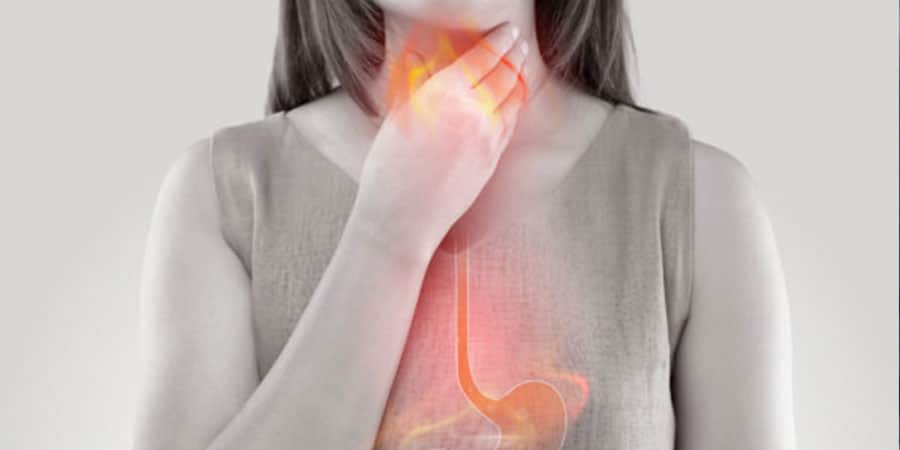Quite a few individuals experience acid reflux from time to time; while it can certainly be uncomfortable, it’s not necessarily evidenced that you have a serious, diagnosable medical condition. For those whose acid reflux is recurrent, however, there is always a chance that the culprit could be gastroesophageal reflux disease (GERD).
What is GERD, exactly? Basically, it’s a condition that occurs when your stomach acid flows back up into the tube that connects your mouth and your stomach. Over time, this can have an irritating effect on the lining of the esophagus itself, and lead to persistent pain and discomfort.
The good news is that there are a number of treatments available for those who suffer from GERD, but how can you tell if that’s the boat you’re in? In this post, we’ll list some of the most common signs and symptoms of GERD.
Do You Have GERD?
A good rule of thumb is that, while sporadic or irregular acid reflux is normal, anyone who experiences mild reflux once or twice a week should see a doctor; this is potentially a case of GERD. Similarly, anyone who has extreme acid reflux once a week or more should be seen about GERD.
Some other common symptoms of GERD include:
- Heartburn (a burning sensation in your chest, especially after eating; this pain is often intensified at night time)
- Difficulty swallowing
- Chest pain
- The persistent feeling of a lump in your throat
- Regurgitation of food, or of a sour liquid
Note that it’s also common for those who have nighttime GERD to have additional symptoms. These can include:
- A chronic cough
- Sleep disruptions
- Laryngitis
- New or worsening asthma symptoms
Although not all cases of GERD are created equal, and your symptoms may vary, you can use these bullet points as a guide. If these symptoms describe you, then we recommend coming to see us about a potential GERD diagnosis.
What Causes GERD?
It may also be helpful to know some of the most common risk factors for GERD.
The weakened muscle band or sphincter causes stomach acid to flow back up into the esophagus, initiating the symptoms of GERD. Some of the risk factors for this weakened sphincter include:
- Obesity
- Pregnancy
- Connective tissue disorders
- Delays in stomach emptying
- Hiatal hernia
There are also some behaviors that may complicate or compound your GERD, including:
- Smoking
- Eating large meals late at night
- Routine consumption of coffee and/or alcohol
- High-risk foods, especially those that are very fatty or heavily acidic
Keep these risk and complicating factors in mind as you consider whether or not you might have GERD.
Treatment for Gastroesophageal Reflux Disease
Being diagnosed with GERD isn’t the end of the world; actually, it may be your first step toward lasting relief. You can treat GERD in a number of ways, including taking medications, making lifestyle changes, and undergoing various non-surgical procedures. To learn more, reach out to IBI Healthcare Institute at your next convenience.









